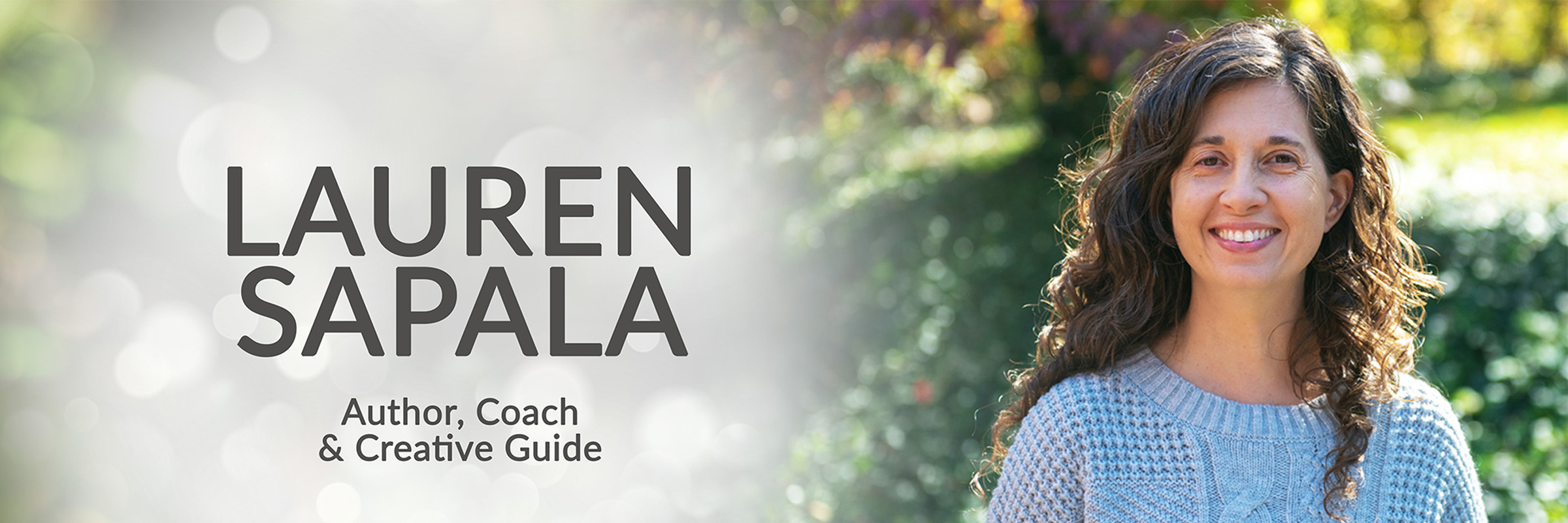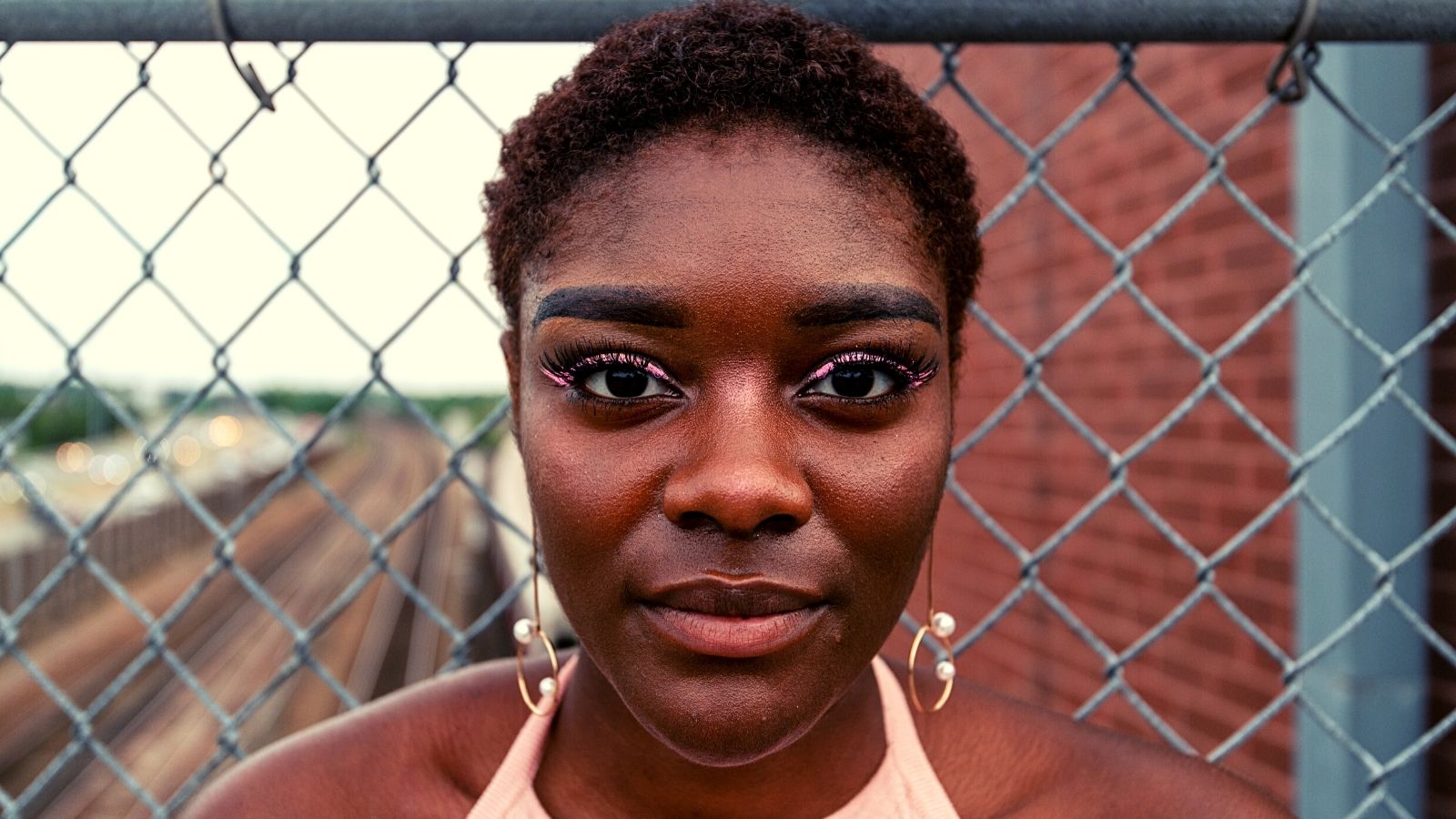
One of the most frequent questions I get from INFJs and INFPs who are thinking about becoming a coach has to do with imposter syndrome. And this makes a lot of sense, because when we imagine what being a coach would be like, we usually see ourselves giving clients advice and acting in the role of “expert.” If you look around at mainstream coaching programs, this view is encouraged. Aspiring coaches are urged to choose an uber-specific niche and get as much training as possible in order to fulfill this “expert” role.
I understand this point of view, because when I first started out as a coach, I was doing the very same thing. I felt really insecure, about my knowledge and my abilities. I felt a strong calling to help people, and I had always been a natural counselor to my friends and family, but when it came to setting up shop as an actual coach, all the fears and doubts crept in. I thought that people would expect me to be an expert, and the closer I could get to this expert status, the more confident I would feel about being a coach.
Flash forward to now. I’ve been coaching for over seven years, I have a packed coaching schedule every week, I’m booking people three months in advance, and I’m teaching aspiring coaches how to coach. Continue Reading





